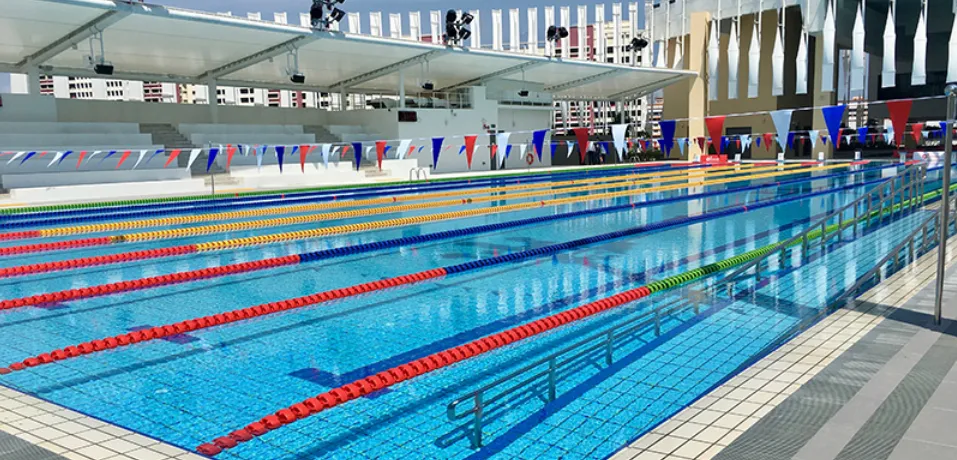How to Become a Plumber
How to Become a Plumber
 Plumbing is a very lucrative career in the construction field, but not many people go into it because it often involves strenuous working conditions. Generally, plumbers fix or install things that have to do with pipes, such as gas, water, or waste systems. It is usually not very hard to become a plumber, but it does require some planning and education, so if you think plumbing is the right career for you, you will have to invest some time and effort.
Plumbing is a very lucrative career in the construction field, but not many people go into it because it often involves strenuous working conditions. Generally, plumbers fix or install things that have to do with pipes, such as gas, water, or waste systems. It is usually not very hard to become a plumber, but it does require some planning and education, so if you think plumbing is the right career for you, you will have to invest some time and effort.
If you know you want to be a professional plumber for a living from the time you are in high school, you can prepare by taking as many shop classes as you can. Mathematics and science are also good subjects to prepare you for a life as a plumber, but they will definitely not be as valuable to you as classes like blueprint reading or other vocational courses, so make sure to have shop be your top priority. In high school, you have access to a guidance counselor, who can help you find information about opportunities in your area. You can also use the Internet as a valuable resource to find information about the plumbing field in your area.
Once out of high school, you need to decide whether you want to join the local plumber’s union. If so, you can apply for a four-year apprenticeship, in which you can get about 2,000 hours of on-the-job training, as well as 216 hours of class time. While it would definitely be beneficial for you to become a plumbing apprentice, only about one out of every twenty applicants are accepted, so you may also want to consider your other options.
If you are not accepted into the union as an apprentice, you can always attend a trade school. A trade school can supply you with the appropriate education to become a plumber, but you have to pay for the classes, and you do not receive on-the-job training, so working for the union is usually preferable. Trade schools also offer the advantage of a job-placement service for qualified students, which can be a good springboard to start off your plumbing career.
Another good way to start a plumbing career is to ask small plumbing contractors in your area if they have any available apprenticeships or assistant positions. The pay for these positions is usually rather lower than that of your other options, but you do receive plenty of on-the-job training.
Before you start trying to become a plumber, you should look into the licensing requirements for plumbers where you are planning to work. Make sure you can eventually learn what plumbers where you will be working are required to know.


